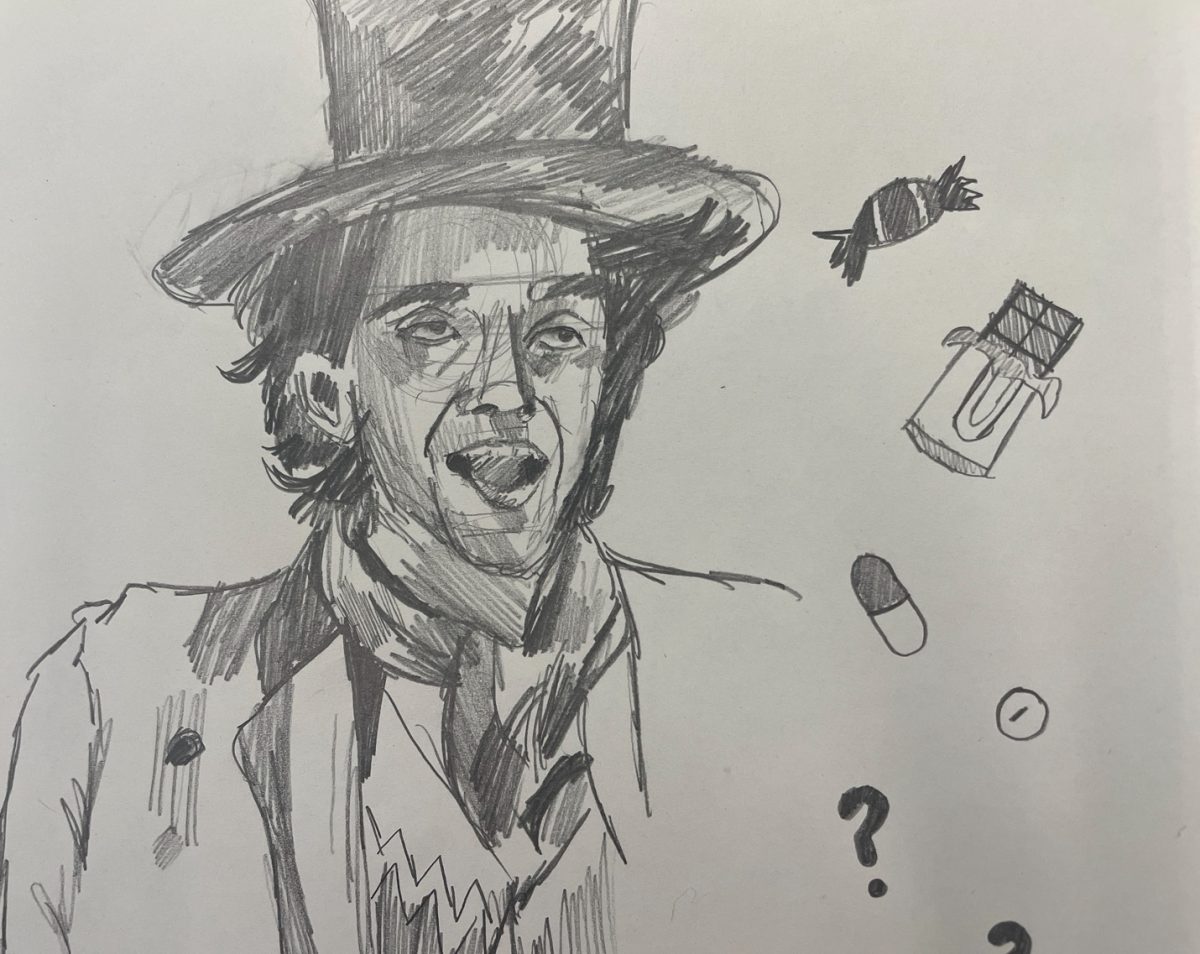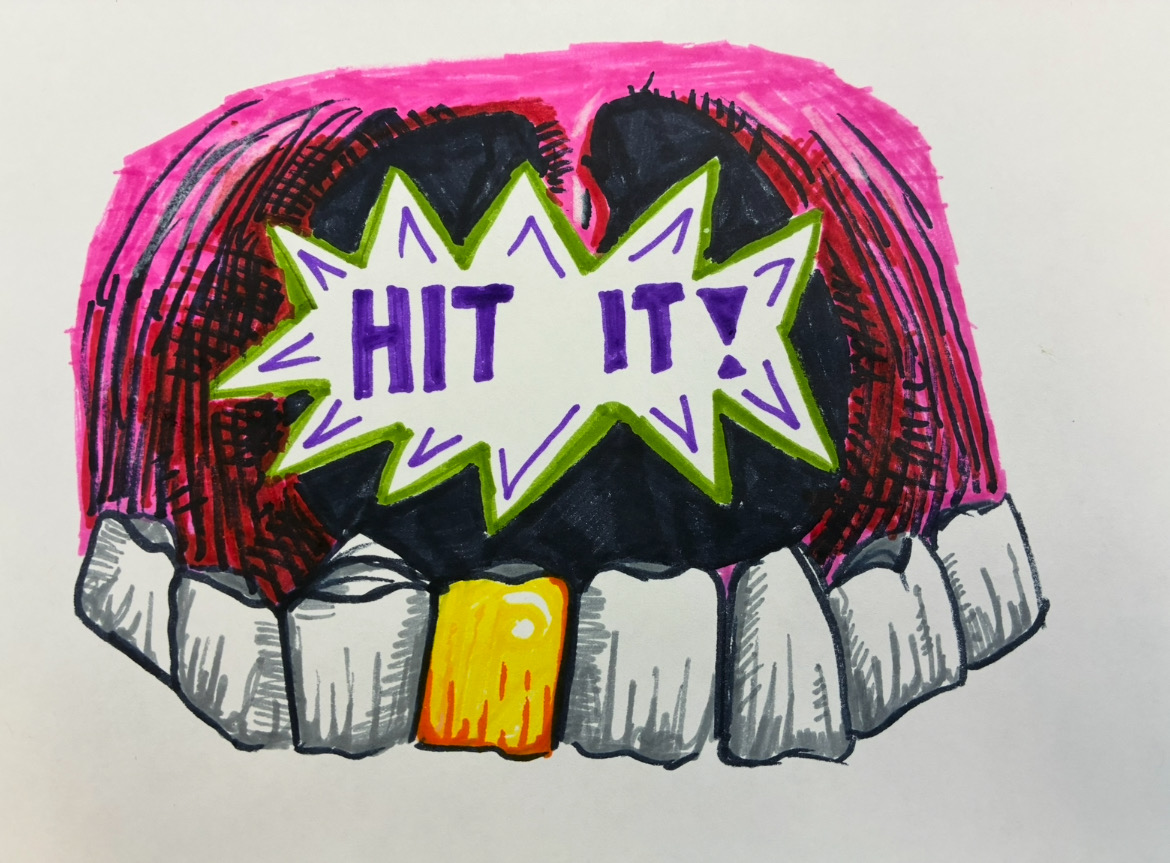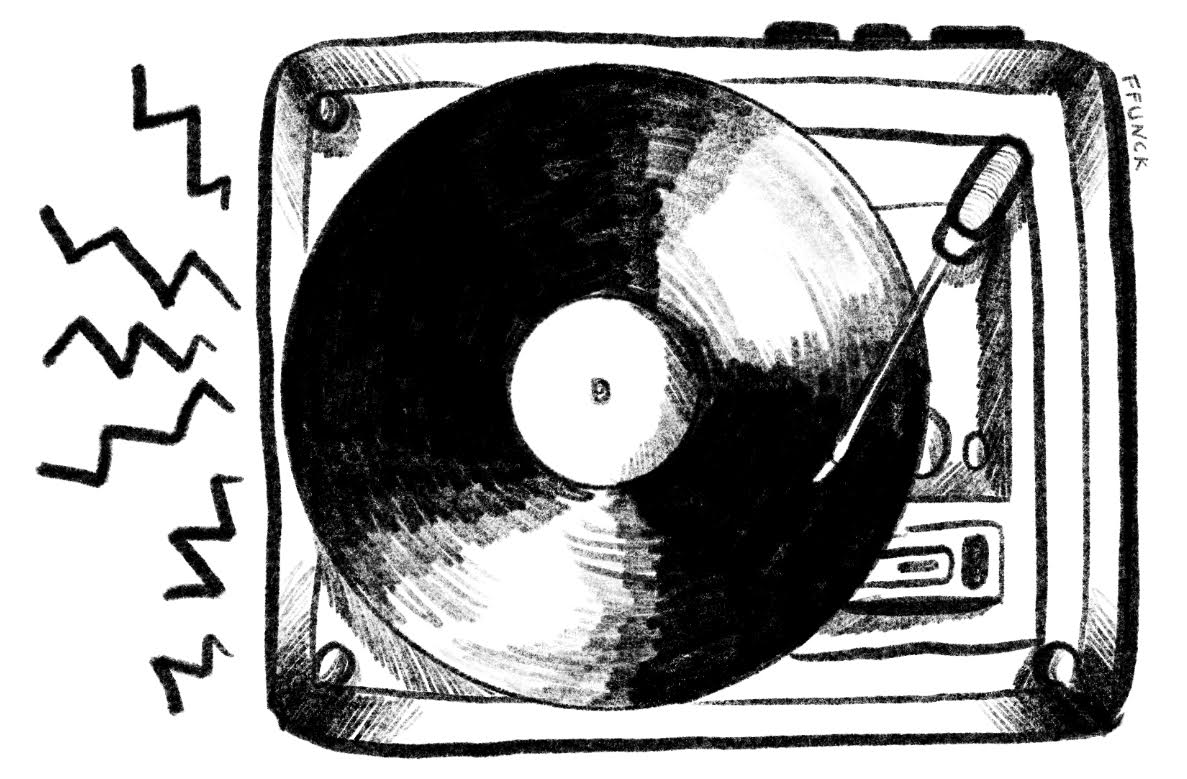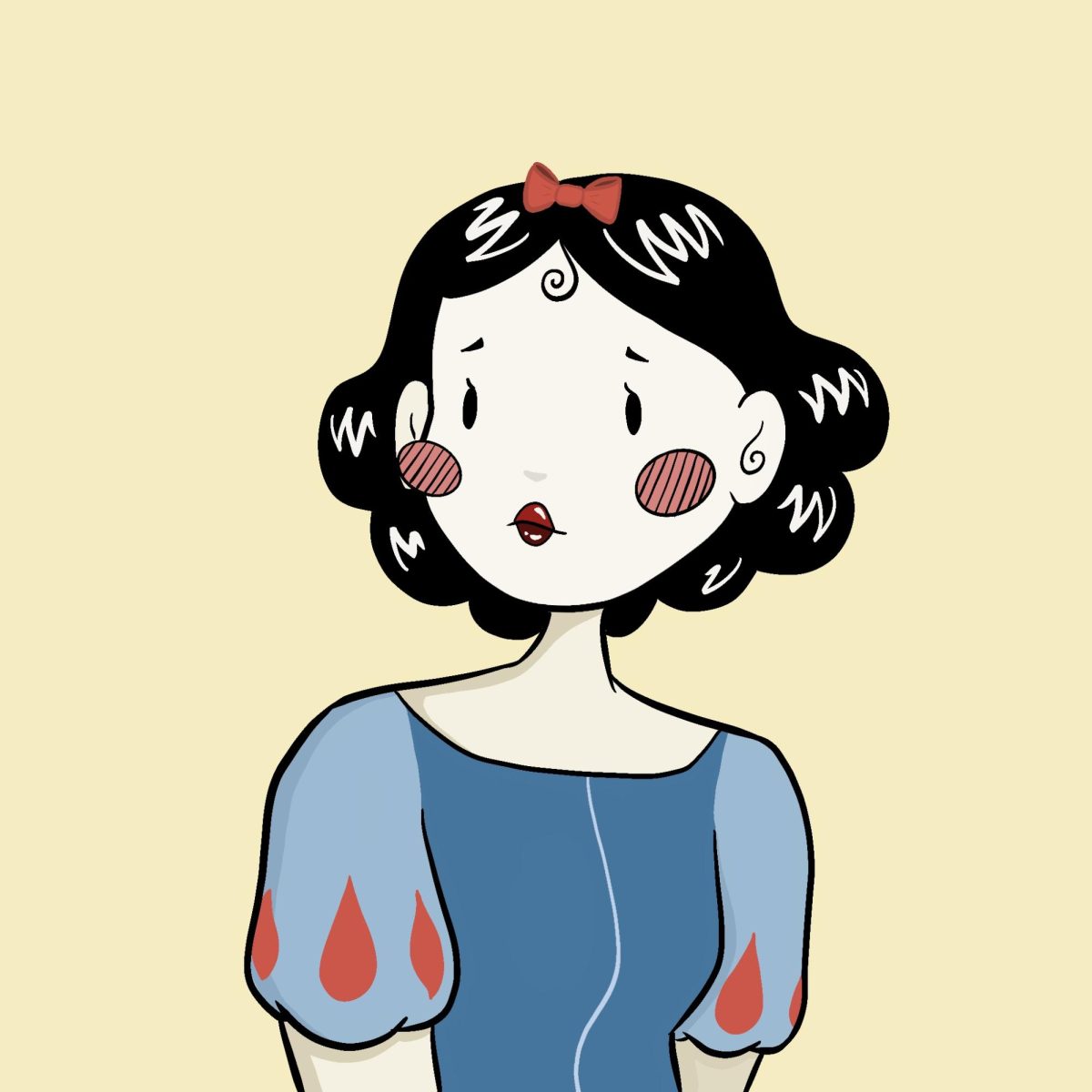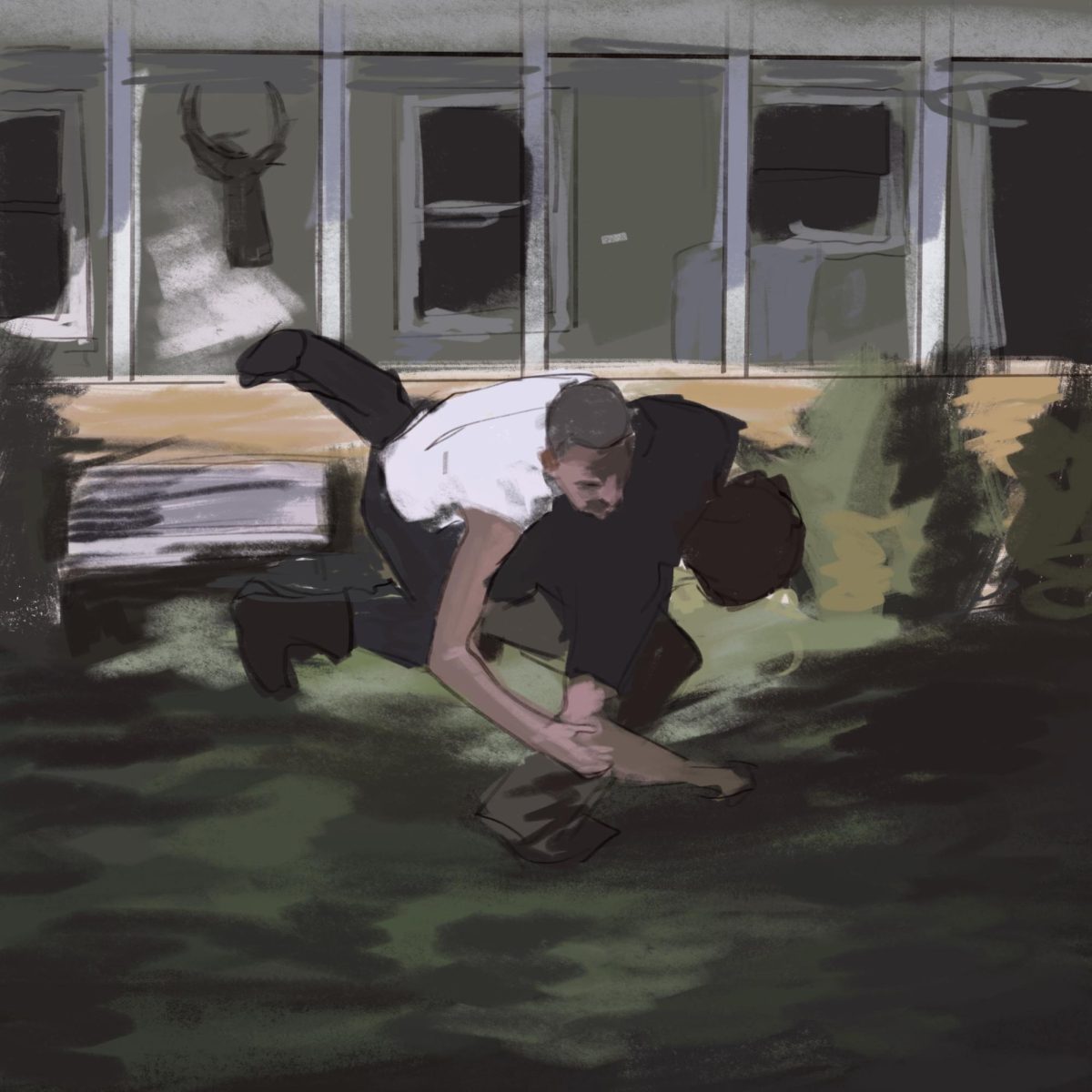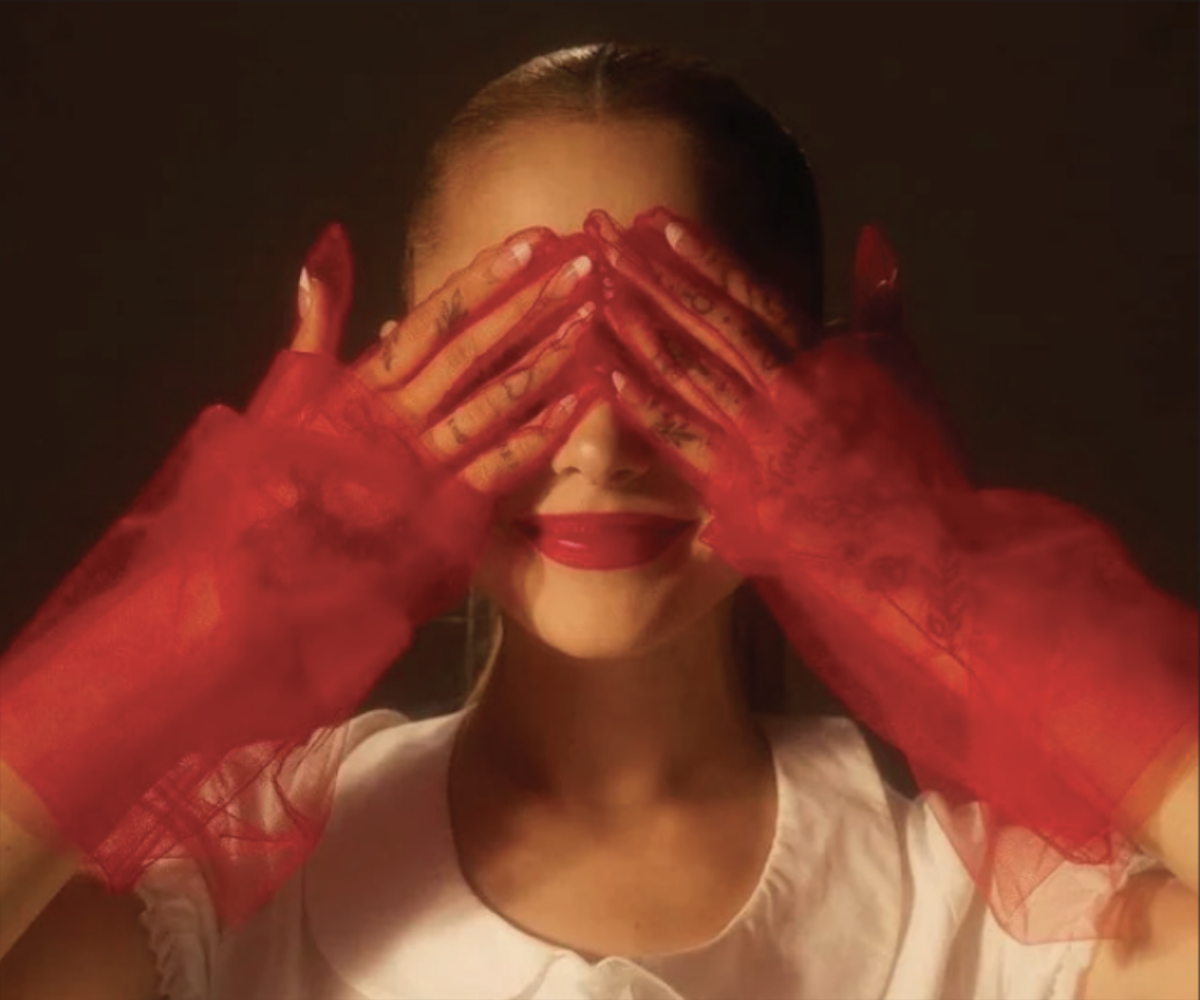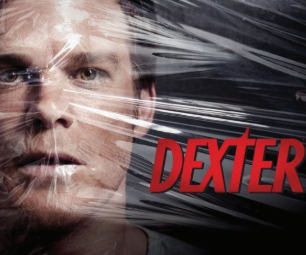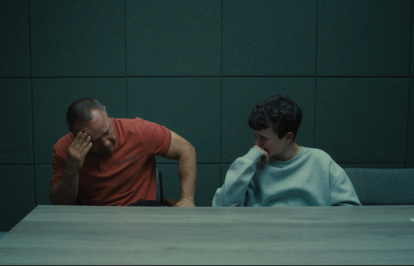When you think of Roald Dahl’s childrens’ classic Charlie and the Chocolate Factory, what comes to mind? The power of imagination? Chocolate? Drugs? I suspect the latter would not have been one of your answers. However, the most recent cash-grab remake of the story seems to not-so-subtly use chocolate as an allegory for an addictive substance, controlled by an empire that runs on bribes, exploitation, and murder.
In Wonka, Willy Wonka, an aspiring chocolate maker and entrepreneur, immigrates to London to take advantage of the growing demand for chocolate with nothing but a couple “silver sovereigns” and a suitcase full of ingredients. He soon finds himself manipulated into debt slavery, trapped in the bottom of a laundromat. As the movie unfolds, he uses his drive and intellect to overcome the scheming “chocolate cartel” and build his very own chocolate empire, all with the help of his friends, of course. On the surface, this may seem like an innocent children’s movie, but all it takes to break the veil is closer inspection. I beg of you: read that again and mentally replace “chocolate,” with “meth. The plot remains entirely coherent and even makes more sense than with “chocolate!”
But wait—the rabbit hole goes deeper. Wonka’s chocolates cause people to float into the air when they eat them—what appears to be a strange metaphor for getting high. The police chief in the film also conspires with the cartel to keep Wonka out of business and talks about needing his “fix” of chocolate. Throughout the movie, aspects of the town, from the church to the police department to the town’s citizens, seem to be somehow controlled by the chocolate industry. This is much like the narco-states that are set up for the purpose entirely of selling drugs. The only real difference in Wonka is that the writers have replaced drugs with chocolate.
The parallels are already too strong to be ignored, but the plot thickens. Skip this paragraph if you don’t want spoilers, but you won’t. In the penultimate scene of the movie, Wonka and his friend and sidekick, Noodle, try to steal the cartel’s account book, which has a record of all the evil deeds they have ever committed. The cartel catches them and tries to kill them, but they fail and everyone meets again out in the town square. Here, Willy Wonka offers the cartel members some of his newest chocolate, which literally gets them so ‘high’ in the air that they never return. Could this be a metaphor for overdose? Perchance.
Overall, Wonka is an at-times entertaining, but overall disappointing children’s movie whose premise falls flat. A prequel on Willy Wonka’s backstory was not needed, and the charm of the original was completely lost, almost corrupted. So ultimately, what does the drug-infused plot say about our society? Are we obsessed with illicit substances and do we need to feed that obsession by cramming metaphors about them into kids’ movies? Is the candy industry in the real world basically a drug cartel too? Or maybe it says absolutely nothing and this was just overanalyzing it. I guess we’ll never know.
This article also appears in our print March 2024 edition.

